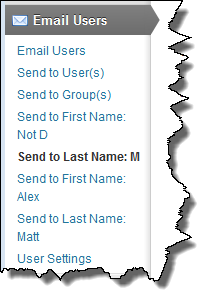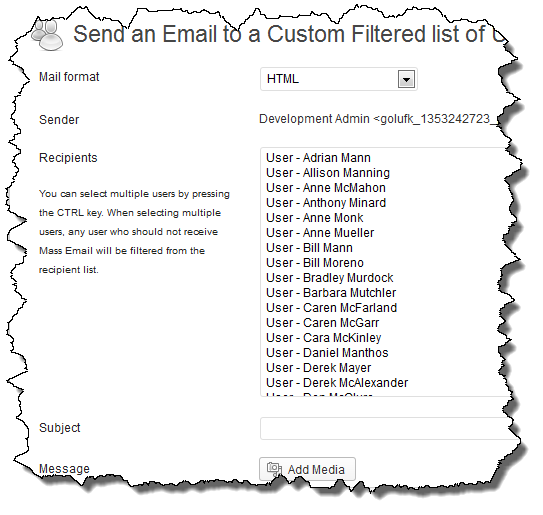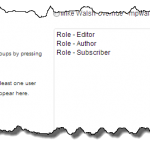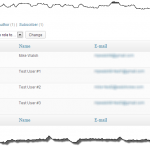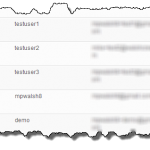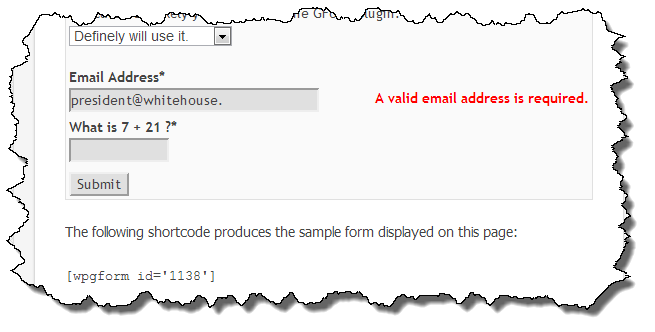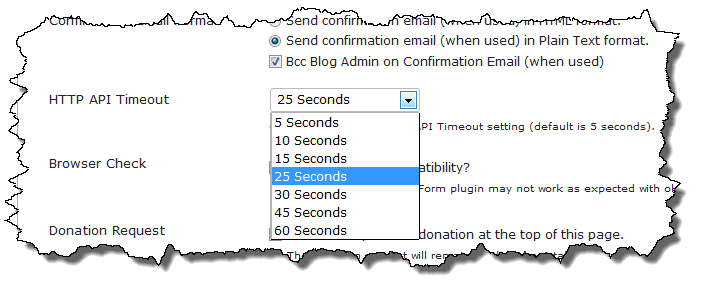Periodically I receive Help Requests (either from the WordPress Support Forum, a comment on my blog, or an email) for Email-Users. Most of the requests involve why some users do or don’t receive email.
Each user has two values associated with their user id:
- Does the user receive mass email?
- Does the user receive post and/or page notifications?
The ability to control these settings by the user from their User Profile page was a feature of Email-Users long before I got involved. I have enhanced this functionality to allow an Administrator have the ability to change the settings for a specific user as well as adding the ability to bulk change the settings for a large number of users.
The bulk change feature appears under the Email-Users menu as “User Settings”. Looking at this page will show you the current state of each user with respect to receiving mass email and post/page notifications.
The administrator can also remove the ability for a user to change their own settings through the plugin settings.
When using the “Send Email to User(s)” or “Send Email to Group(s)” feature, the list of users or groups is extracted from the database based on the settings for their user id. You can always send email to a single user regardless of their setting however if you select more than one recipient, the Mass Email setting for a user is honored and they will be dropped from the recipient list.
Here are some screen shots to illustrate the points made above.
